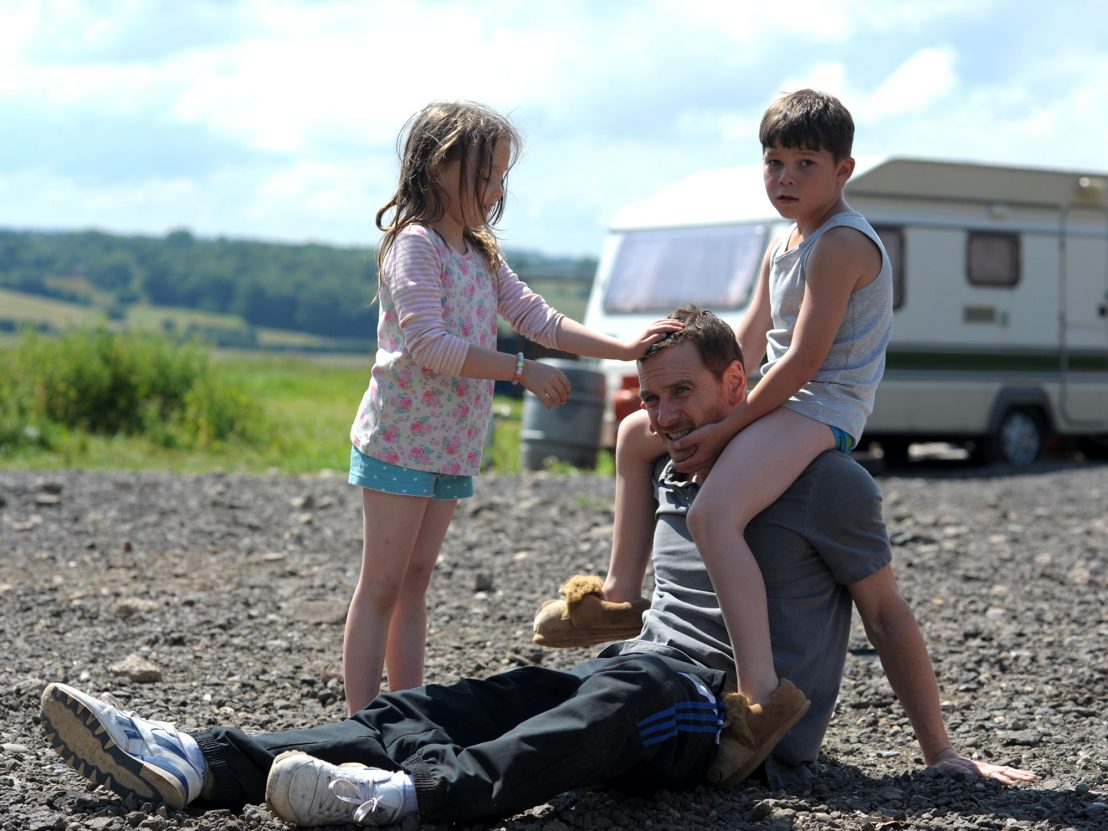
Recently I went to see the new Michael Fassbender film, Trespass Against Us, and came out changed. A few years ago I was living and working in the area where the film is set, an idyllic village in the heart of the Cotswolds typically found on the front of biscuit tins. The traveller family in the film are loosely based on the real-life Johnson clan, the subjects of the 2005 documentary Summer with the Johnsons which Trespass Against Us writer Alastair Siddons worked on as an assistant producer.
The main focus of the story is Chad Cutler (Fassbender) and his young family, and how this relationship is put under strain by the negative influence of his religiously devout father, Colby (Brendan Gleeson). Chad wants to do right by his son and give him the opportunities he never had, namely an education and domestic stability. However, he doesn’t seem to possess the right paternal tools to help make this happen. Constantly coming up against prejudice within the local non-traveller community, he struggles to escape the life of crime he has been born into – the only life he really knows.
Watching the film, I could see my own prejudices reflected in the attitudes of the local villagers. In the village I lived and worked in, a traveller fair like the one seen in the film (which goes unnamed but will be instantly recognisable to anyone from the area) is held twice a year. The week of the fair, the majority of shops and pubs in the surrounding villages would shut. The pub I worked in stayed open, but we would strip the shelves and walls of everything valuable that wasn’t fixed down, and the shops that stayed open were flanked by security guards.
I remember feeling guilt at treating these people with such presumptive hostility. In fact, the one traveller family that spent any time in my pub during the fair were not only pleasant and respectful, but left a generous tip. Still, rumours of shops being broken into and locals being held up at knife point, along with numerous other acts of theft and vandalism, immediately began to swirl. These claims were not entirely unfounded: at one shop I worked in, £50,000 worth of stock was taken in a single hit, a crime carried out in almost the exact the same manner as the thefts depicted in the film.
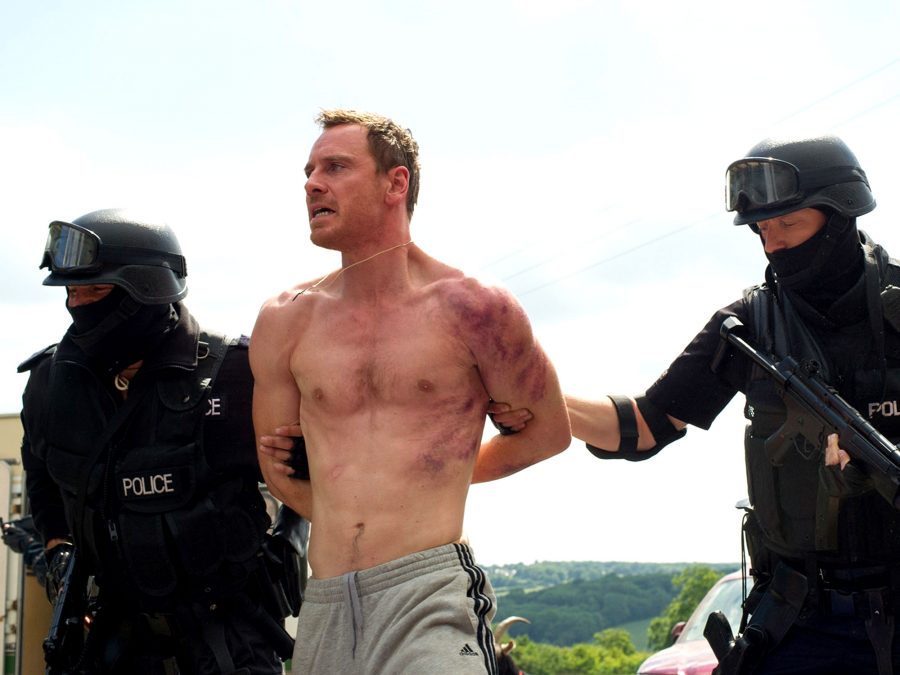
In my experience, there is a basic lack of humanity in the way that travellers are perceived. Trespass Against Us bridges this gap without minimising or justifying their crimes. The film simply allows the viewer to view these people though a different lens. It creates empathy, which is so often missing from films about or featuring traveller communities.
By showing the strength of the bonds between the characters and the love they have for each other, first-time director Adam Smith brings us closer to a group of people who are simply trying to live their lives as best they can, often faltering in their attempts to do so. Several scenes depicting family life inside the caravan convey a palpable sense of intimacy, the characters’ physical proximity serving as a neat visual metaphor for the closeness of their relationships.
Travelling communities are still met with hatred and derision wherever they go, marginalised due to prevailing stereotypes and a general lack of understanding from society at large. This film, which is not without its flaws, places the topic on the table for discussion. Michael Fassbender recently told the Canadian arts magazine Q: “There is still this divide [between traveller and settled communities]. I felt like if we could make this film perhaps people could start to talk about it again and start to address the issue.”
After watching Trespass Against Us, I found myself discussing this issue with friends and family, reflecting on my own preconceived notions of travellers. I felt challenged to consider why I still held certain views about people whom I had no right to judge. The film opened my eyes to the prejudice that I, like so many people living in my old village, have carried around for too long. It left me with a more rounded perspective of a culture I thought I knew something about.
Published 27 Feb 2017
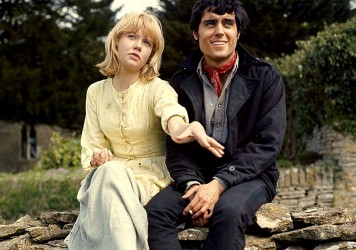
A new screening programme asks vital questions about how Britain’s travellers are depicted on screen.
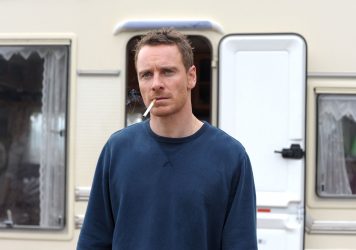
Michael Fassbender and Brendan Gleeson are terrific in this sturdy traveller drama from first-time director Adam Smith.
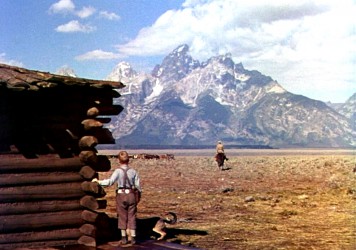
Alan Ladd’s mysterious stranger in town fundamentally changed the way audiences believed in heroes.